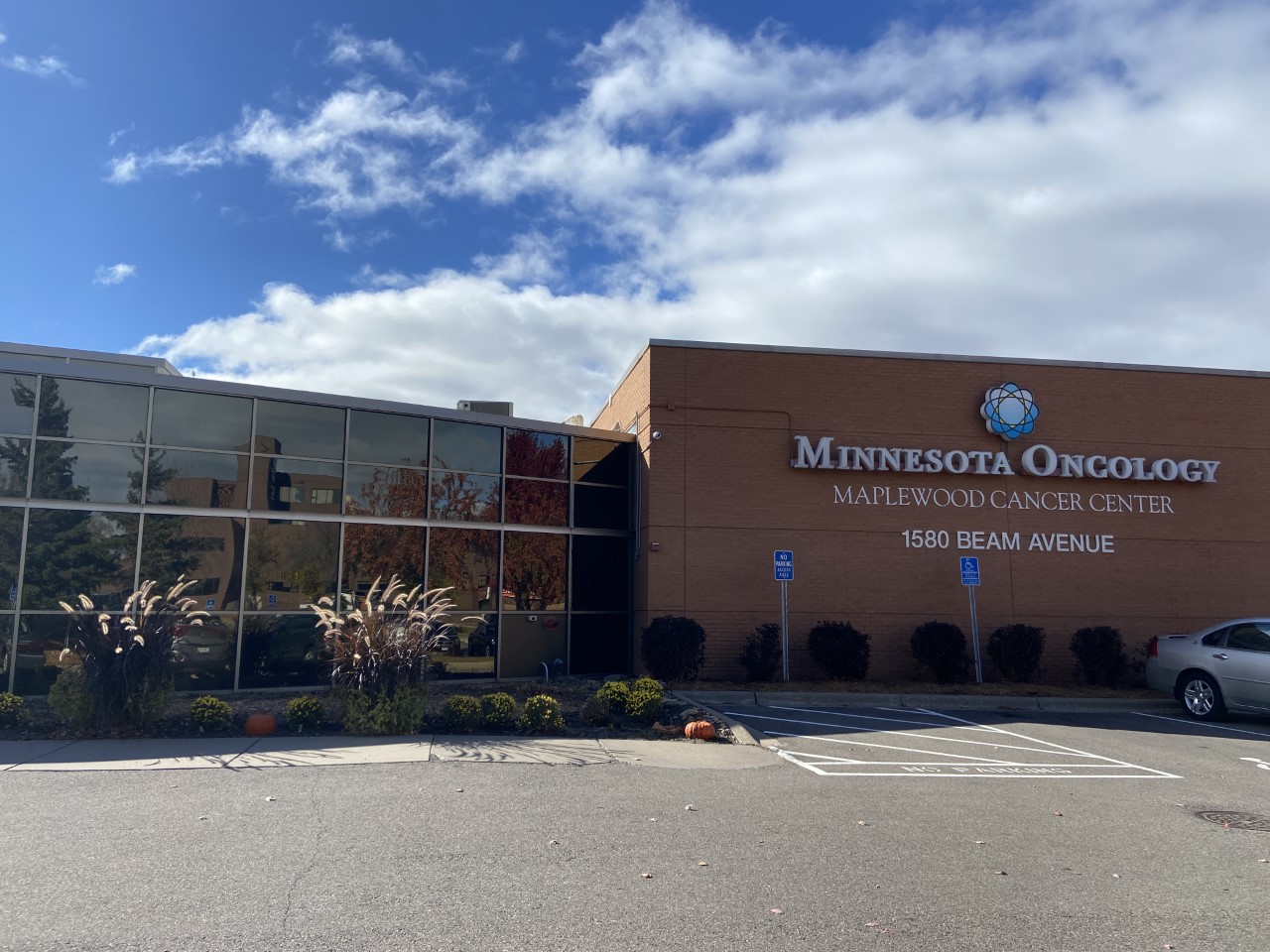“I have litmus strips to check my saliva because someone told me that my body is too acidic.”
“I am avoiding citrus fruits, tomatoes, and acidic foods because cancer thrives in an acidic environment.”
These comments seem very logical and believable; however the concept that the body is too acidic, and one needs to make the body more alkaline in order to “starve” cancerous cells is only a myth. The information below will discuss how this myth got started, what we know today, and identify what you can do to incorporate cancer-fighting foods within your routine.
The History:
Back in the late 1870’s a scientist named Marcellin Berthelot used the Bomb Calorimeter to study the amount of heat produced or absorbed during chemical reactions.[1,2] This machine consisted of a cylinder-shaped chamber, pressurized oxygen, and a small amount of water. Berthelot would take various food substances (i.e., fruits, vegetables, meat, etc.) and incinerate them within this device which turned the item into an ash-type substance. When this ash was mixed with water, Berthelot was able to check the pH of each item. What he discovered was that items with a higher pH (more alkaline) were plant-based items such fruits and vegetables, while those with a lower pH (more acidic) were meats.
Then, in the early 1900s, the Nobel-prize winning Dr. Otto Warburg, suggested that cancer cells “live in hypoxic, very low oxygen, and acidic conditions and derive energy from sugars by fermenting them the way yeast does.[2,3] From this, he theorized that these low-oxygen and highly-acidic conditions caused cancer.
Given these findings, it is easy to see where the acid-alkaline idea came from, BUT one must remember that science has dramatically advanced since these times. While both gentlemen provided cutting-edge research for their time, we know a lot more today about cancer, metabolism of food, and diet. So what do we know now?
Today’s Science:
In order for a cancer cell to grow, it relies on growth of blood vessels in efforts to provide enough oxygen to metabolize energy.[2,3] However, the pace of cancer cell growth and division is quicker than the production of oxygen-supplying blood vessels.[4] This results in the inefficient metabolism of its energy supply, and ultimately, lactic acid is produced.
Because the cancer cell is producing lactic acid, does not mean that the whole body becomes acidic.[4] In fact, the body has a very tight set of checks and balances which keeps your blood’s (i.e., body’s) pH between 7.35 – 7.45, or near neutral. It is also impossible to significantly alter one’s blood pH with the food you eat. Therefore, checking your saliva for acidity or alkalinity is not an accurate measure of your body’s actual pH balance.
So, as you can see, it is not the body that is too acidic and gives cancer cells a medium to grow and divide. Rather, it’s the opposite. Cancer cells produce acid, but that does not make the entire body more acidic.
What can you do?
Fortunately, the same foods that Berthelot found to be alkaline back in the 1800s are many of the same foods that are recommended today for their cancer-fighting properties. These plant-based foods – including citrus fruits and tomatoes – protect cells from damage, encourage normal cell growth, and other processes which help fight cancer and other chronic illnesses.[5] Conversely, high-intakes acidic foods such as meat and animal-based proteins, have been linked to inflammation, insulin insensitivity, and increased cell division.
As you can see, the myth of the need to make the body more alkaline does not have significant value in respect to cancer cell growth or development. However, we do know that incorporating more alkaline-type foods is recommended. The American Institute for Cancer Research recommends a plant-based diet which aims at receiving at least five servings of fruits and vegetables per day (at least 2 ½ cups), using whole grains versus refined grains, incorporating beans/legumes more often and meat less often.[5] Incorporating these dietary habits will limit your intake of acidic foods, increase your intake of alkaline foods, and provide your body with the cancer-fighting nutrients it craves.
- Pierre Eugène Marcellin Berthelot Biography. http://www.madehow.com/inventorbios/32/Pierre-Eug-ne-Marcellin-Berthelot.html. Accessed March 11, 2014.
- Schor, Jacob. Acid Alkaline Diets and Cancer, an ethical question. December 12, 2007. http://www.denvernaturopathic.com/alkalineash.htm. Accessed March 10, 2014.
- Nobel Peace Prize Winner Dr Otto Heinrich Warburg: The Cause of Cancer. http://michael2108.wordpress.com/2010/04/03/nobel-peace-prize-winner-dr-otto-heinrich-warburg-the-cause-of-cancer/. Accessed March 11, 2014.
- American Institute for Cancer Research. www.aicr.org. Accessed March 11, 2014.






